New alliance aims to take on student wellbeing from the top
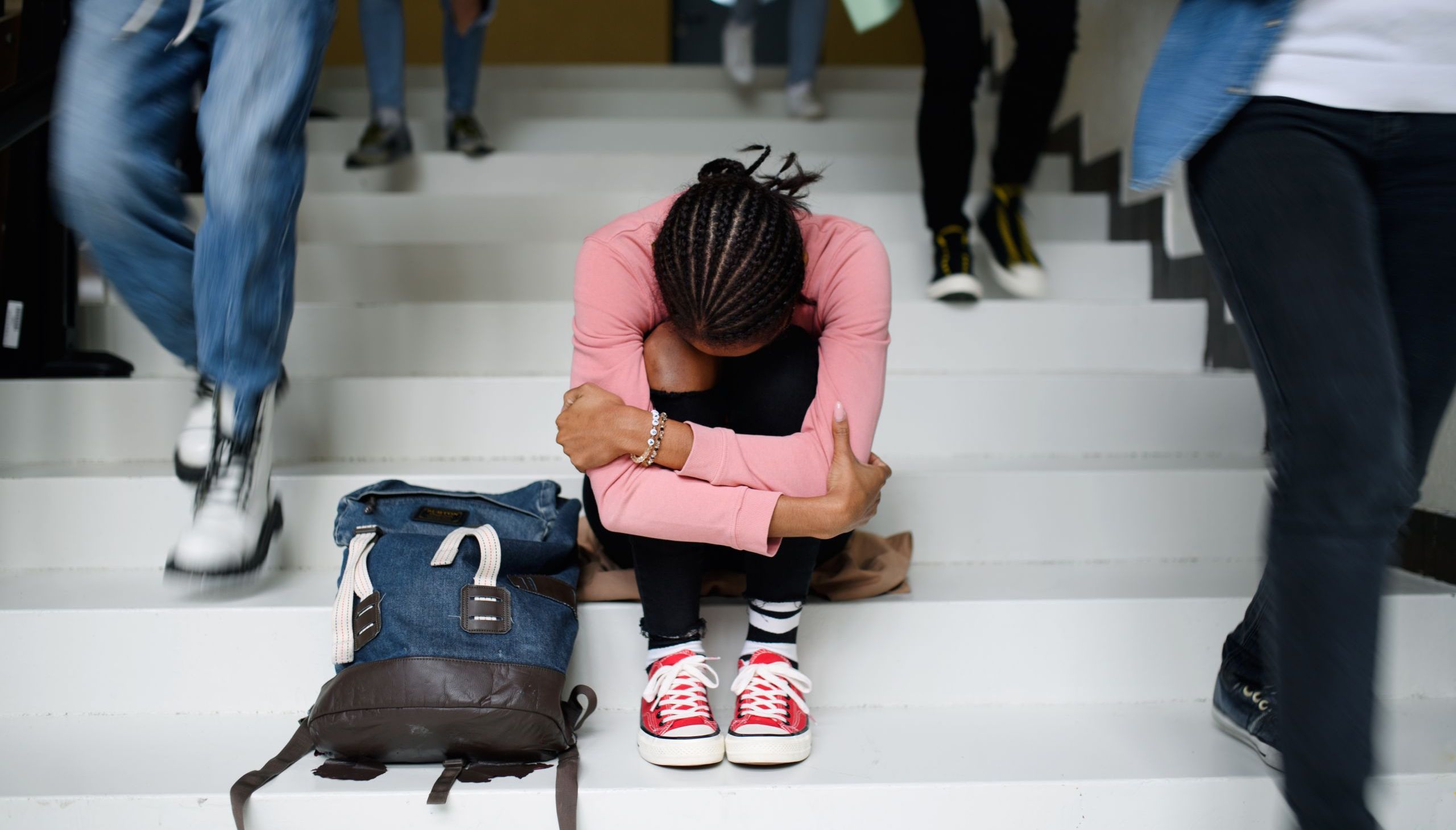
Photo: Shutterstock.
University management, students and experts from across Denmark are coming together in a new alliance that aims to make students feel better. “It’s a conversation we need to be having,” says deputy president Inger Askehave, who represents CBS in the alliance.
When the trade union Djøf launched the “Wellbeing alliance”, “Trivselsalliancen” in Danish, it was accompanied by bleak statistics about the current mental state of university students in Denmark.
Nearly half of students say they feel stressed in their daily lives and one out of four students are very stressed. One out of five have sought medical care for stress symptoms. And 28 percent of students feel lonely.
The results were from a survey conducted among Djøf’s student members. Djøf, a trade union for professionals and students in the social sciences, business and law, has over one hundred thousand members in Denmark. At CBS, there are about 4,700 members, most of whom are students.
But Silke Kim Bjørndal Jensen, student counsellor at CBS Student Hub, is not alarmed by the figures.
“There was nothing that stood out. It isn’t anything we don’t already know,” she says.
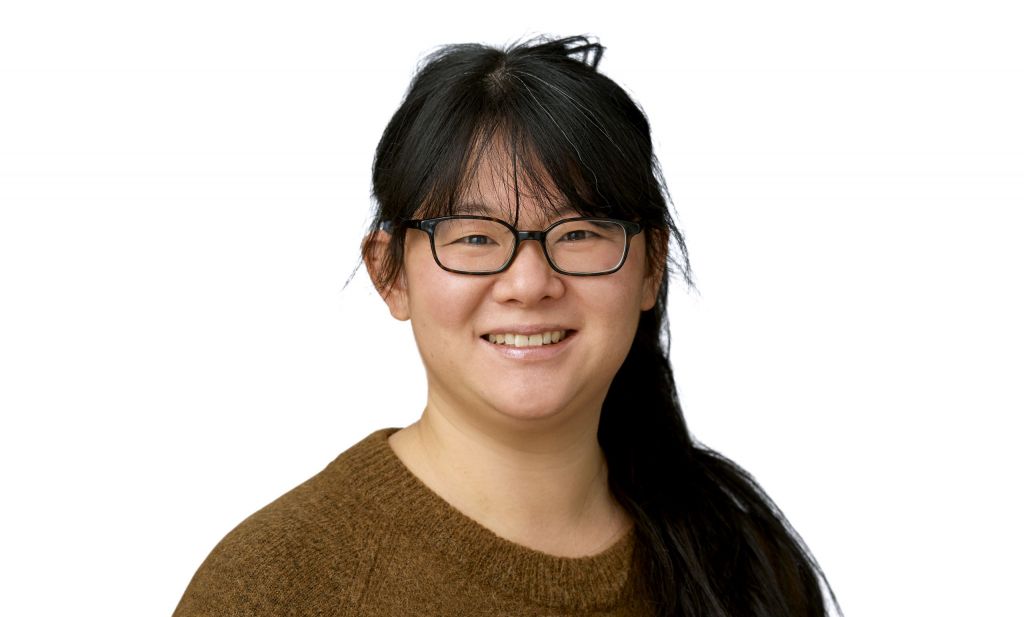
Silke Jensen, student counsellor at CBS. Photo: CBS/Jesper Blaesild
Silke Kim Bjørndal Jensen is project manager for the Student Life Transitions and Well-being initiative at CBS and in her work, she closely follows the research on student wellbeing. Talking to hundreds of students every week, the student guidance team also has a good idea of how students at CBS are feeling. Still, mental health is not easy to quantify.
“How do you measure wellbeing? Are people feeling worse? Some say it’s that we now have a language and way to describe it, and others say there is an actual increase [in mental health issues among youth]. I think both are true, but regardless, the problem is real, it’s complex and it’s not going away.”
She is glad to see a push for student wellbeing coming from the top.
“It’s an issue that we’ve been aware of in student counselling for many years, but now there’s a broader debate in other parts of the university.”
Copy what works
A key objective of the wellbeing alliance is to share good examples between universities in Denmark.
Universities have already learned from each other, Inger Askehave points out. For example, the CBS online course for new students “How to uni” is a concept that was copied from the University of Southern Denmark (SDU). The hope is that the new alliance will facilitate more of such knowledge sharing.
So far, Inger Askehave has presented two best practice examples from CBS to the alliance. One was the initiative “grade free first year” where students studying the BSc in Business Administration and Psychology receive only pass/fail grades during their first two semesters, an initiative that has also been studied by CBS researchers.
The other was an outreach initiative whereby student counsellors actively approached students who, according to certain parameters, such as being behind on courses, were considered to be particularly at risk. Not everyone took up the offer, but most did, according to Silke Kim Bjørndal Jensen.
Despite all the available information, students do not always know what help is available.
“It’s important to say that student counselling is for all CBS students, no matter how you’re feeling and you don’t have to have a clinical depression to reach out to a student guidance counsellor. It can just be that you’re feeling down, or you don’t really feel like you fit in. Instead of having to deal with that yourself, it’s nice to have a sparring partner,” says Silke Kim Bjørndal Jensen.
We need to maintain that while you have to perform, that doesn’t translate into being perfect in everything you do.
Inger Askehave, deputy president, CBS
The examples are just a small part of CBS wellbeing initiatives – the best practices presented to the alliance must have tangible results to show. But CBS works broadly with wellbeing and initiatives can be integrated with ways of teaching and evaluating, or implemented as extracurricular activities.
“We work on different tracks experimentally. It’s not one size fits all. We do a lot of pilot projects to see what works and what doesn’t work. Some larger, some smaller,” says Silke Kim Bjørndal Jensen.
Sorry, can’t be perfect
To take a university degree is difficult, stressful at times and may also cause anxiety and insecurity says Inger Askehave. She wants students to talk more openly about the difficulties they encounter to “normalise” those feelings, but also talk more about them.
“We need to maintain that while you have to perform, that doesn’t translate into being perfect in everything you do,” she says.
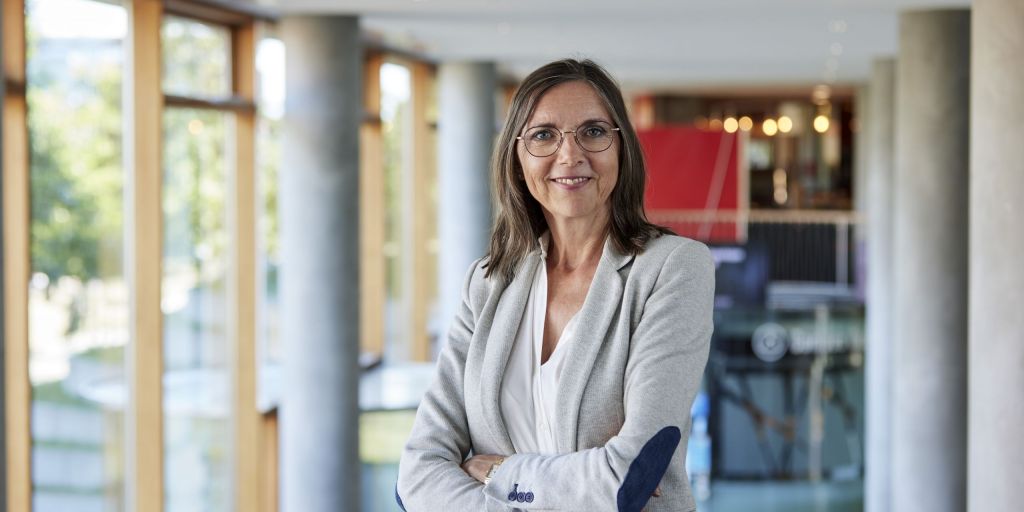
Deputy president Inger Askehave is CBS representative on the wellbeing alliance “Trivselsalliancen”. Photo: CBS/Bjarke MacCarthy
The solution, she thinks, is more focus on community and learning, and less on perfection and performance.
“The aim is not to remove the pressure of exams, because at the end of the day that is probably a healthy reaction. But we have to help create an atmosphere where it’s about building knowledge, becoming smarter, and of course also making mistakes, and in that way offer a healthy learning environment. And thereby we can also break down the insecurity that students – and all of us – feel at times.
“What can institutions, guidance counsellors, lecturers and students do to create good social and academic learning environments where we maintain the high academic level that a university should have without students breaking down because they don’t feel good? That’s something the alliance can help shed light on. I’m not saying that it’s easy, but it’s an important first step.”
Inger Askehave thinks that students today have many pressures on them, partially self-imposed but also from peers, parents, institutions and society at large – more than she had as a student.
“I think I’m part of a different generation when it comes to expectations. Of course, I wanted to get good grades. But for good or bad, it wasn’t the same. I think social media plays an important role in generating pressure – there is always someone you can compare to. Maybe young people set up unattainable goals because there is always somebody who has done it better.”
Changing the CBS reputation
Beyond societal pressures, she thinks the public perception of CBS also brings pressure.
“CBS has a reputation of being the place for perfect and ambitious students. So can I apply to CBS if I don’t feel like that, but just because I really like business economics?” she asks (the answer is yes).
“That’s a reputation we’d like to get rid of. But it’s a long and slow process and requires that we, as an institution, try to break down this perception, also through the activities that we offer students.”
Silke Kim Bjørndahl Jensen welcomes more conversations on student wellbeing in higher education and hopes the alliance will create more possibilities to have them.
But universities cannot achieve this on their own. In her view, the fact that actors representing the industry, such as Djøf, are also getting engaged is a step in the right direction.
“As an institution, we could say: we would like to focus less on grades. This is a learning institution. We’re creating educated people with different competencies who contribute to solving tomorrow’s problems – and you don’t need to have a 12 to do that. But, if you then have companies that only accept students with a GPA of 12, then that becomes the most prestigious among students. As an institution, we’re embedded in so many societal and political pushes back and forth. I think it’s nice that Djøf is taking a role because they are close to the employers and have members in top positions in a lot of companies,” she says.
We’ve already received calls from students who have dropped out of their two-year programmes, asking if they can re-enrol now because they don’t want the one-year master’s.
Silke Kim Bjørndal Jensen, student counsellor, Student Hub
Changes proposed in the education reform may also change norms, according to some, in the wrong way.
Increased stress has been one of the arguments raised by professors at CBS and elsewhere, against the government’s plan to shorten half of all Danish master’s programmes. Silke Kim Bjørndal Jensen and her colleagues in student guidance are also concerned.
“We’ve already received calls from students who have dropped out of their two-year programmes, asking if they can re-enrol now because they don’t want the one-year master’s. There’s already a fear that there will be an A team and a B team. Others worry that they won’t get the experience of having student jobs,” she says.
Inger Askehave does not think that one-year master’s degrees necessarily lead to a more stressful environment for students. But students can’t approach them in the same way as the two-year programmes.
“A one-year master’s would be more intense, of course, so students would need to re-evaluate a 20-hour student job for example. Some things will need to be deprioritised.”


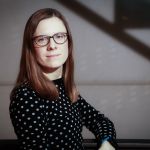
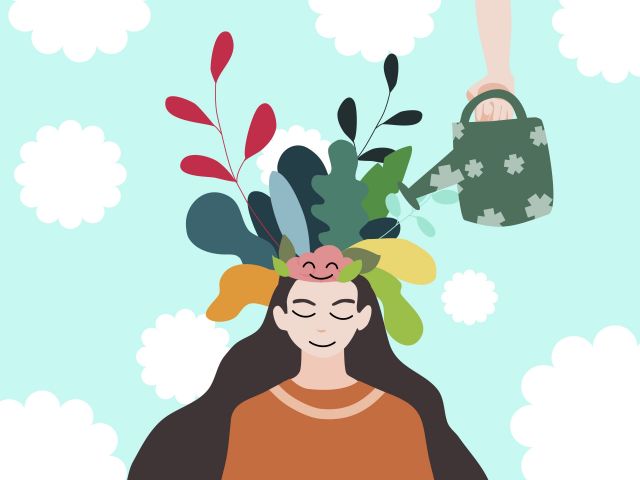
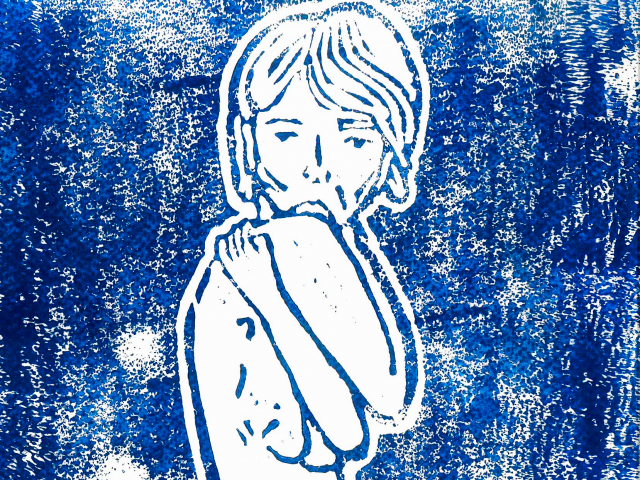
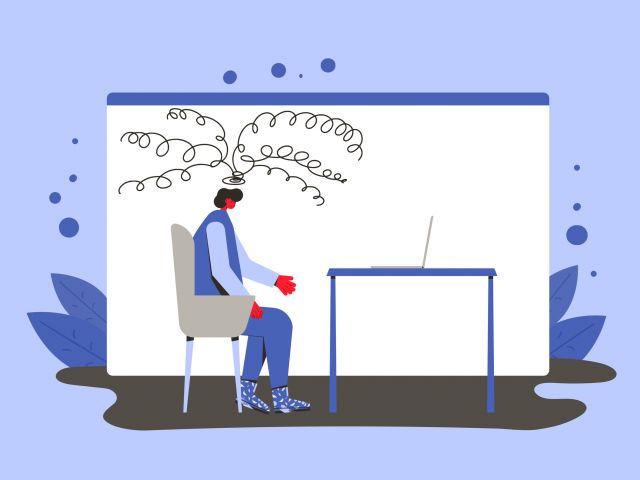
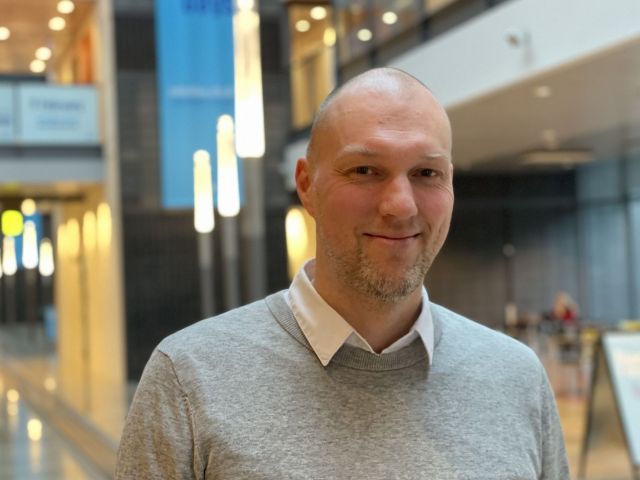
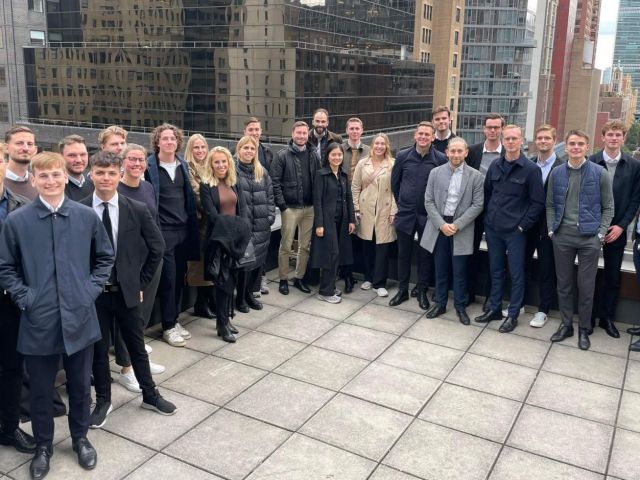




























































































































Comments